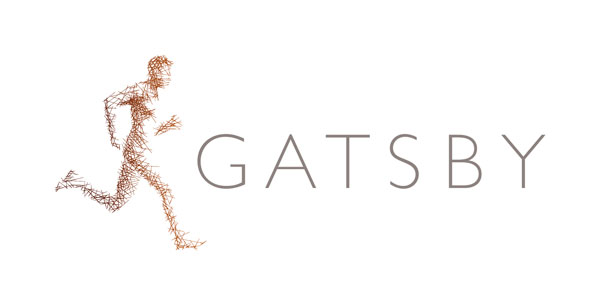
T levels, professional development and subject-specialist pedagogy

Professor Kevin Orr
HudCRES
Despite other preoccupations, the government is continuing to implement its Skills Plan and, in particular, the T Level technical qualifications, which will commence in September 2020. The Skills Plan and the new courses all derive directly from the Report of the Independent Panel on Technical Education, written in 2016 by David Sainsbury.
David Sainsbury was a science minister in the last Labour government and he has long maintained an interest in technical education and training. His charity, the Gatsby Charitable Foundation, funded a three-year study at the University of Huddersfield to better understand subject-specialist pedagogy in vocational and technical subjects and to implement an intervention in initial teacher education for teachers of science, engineering and technology in colleges.
I was responsible for leading the project team, including Dr Ron Thompson, Dr Pam Hanley and Jonathan Hepworth, all from HudCRES in the University’s School of Education and Professional Development.
For our project, we defined pedagogy as teachers’ decision-making informed both by the students to be taught as well as by the target curriculum content or knowledge.
Based on an extensive literature review, we identified three concepts associated with this definition of pedagogy that we found to be especially useful for technical teachers:
- pedagogical content knowledge;
- recontextualisation; and
- occupational identity.
These concepts have, in turn, informed the teaching and learning materials that we produced and which are available on-line. This link will take you to the website which introduces the concepts; hosts videos of teachers in college settings; and provides reflective activities, presentations and animations all designed to get teachers to develop their own decision-making and so to enhance their practice.
Researching pedagogy is inherently difficult because so many different factors affect learning, mostly beyond the control of any researcher. Even finding a sample of participants was problematic. Our report explains the troubled development of the project and how we addressed the challenges we encountered, as well as describing our findings.
Along the way we examined perceptions of the role of teacher and developed a typology for the adoption of professional development describing four broad types of participant: Sustainer – Enthusiast – Discontinuer – Non-adopter.
We concluded that the development of subject-specialist pedagogy for technical teaching through ITE programmes for the FE sector is both possible and desirable for the improvement of SET teaching. This is not to oppose subject-specialist pedagogy to generic pedagogy, but rather to identify subject specialism as having a particular pedagogical value.
We are pleased that the professional development programme linked with T levels, organised by the Education and Training Foundation, is to include subject-specialist approaches, as a result of our study.
Probably the longest lasting legacy of the project will, however, be the materials for tutors or students, which are freely available and extensive. We hope that they will be used and we would welcome any comments on them.
